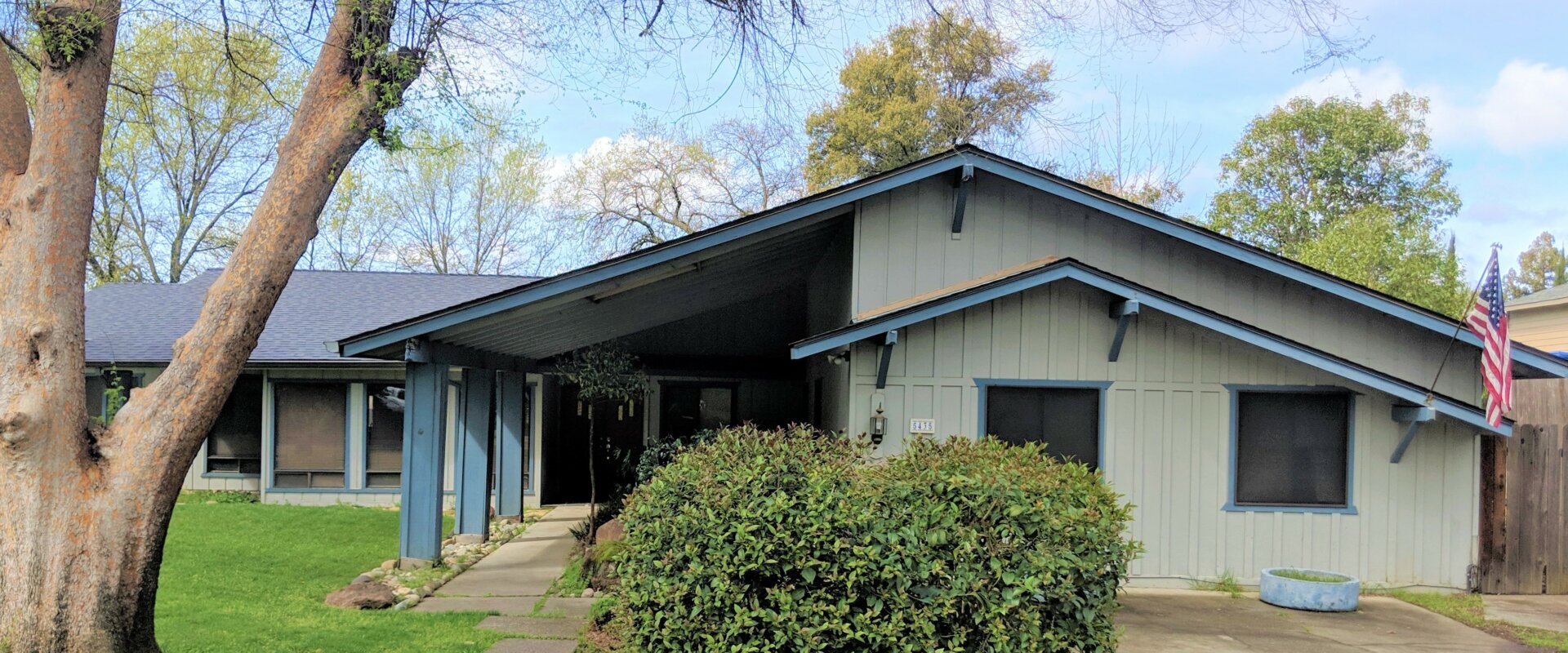If you’re buying a home without enough cash on hand to pay in full (and that’s most of us), bank financing is probably your go-to for lending. Again, you’re not alone. Conventional wisdom says you need to put down 20% of the home’s price as a down payment. But that’s only with a traditional loan — and there are other options. Like an FHA Loan. What is FHA loan financing? Let’s dive in.
FHA Loan Basics
Federal Housing Administration (FHA) loans are very common. This type of loan is insured by the FHA, which means lenders will be compensated for their loan, even if you personally default on the mortgage. They are available for both single family homes and multi-family units and they are most appealing to people who want to buy without a huge down payment (more on that in a bit). There are many advantages to getting an FHA loan, but there is also one major downside. FHA loan holders have to pay mortgage insurance every month — this can only be dropped if you later refinance with a conventional loan.
Who Qualifies for FHA Financing?
A lot of people can get FHA loans. You need a minimum credit score of 580 to take advantage of certain benefits and your debt to credit ratio must be no higher than 43%. If you meet these requirements, you’re in good shape. However, there are a few things to note. First, you’ll get a better interest rate if your credit score is higher. Secondly, higher credit scores mean lower down payment requirements. If you’re planning on buying a condo or townhome in a community, your loan will also require that at least 51% of the units are occupied by owners (and not rented out).
What is the Down Payment on a FHA Loan?
Credit scores between 500 and 579 will require a down payment of 10%, while credit scores over 580 only need to put down 3.5%. Either option is better than the traditional 20% standard, but obviously these loans are better for people who can build their credit up to 580. In addition to lowering your down payment, a higher credit score means you can probably choose between multiple lenders.
Who is FHA Financing Good For?
What is FHA loan financing good for? Or, rather, who is good for? A lot of people can benefit from a government-backed home loan, but here are the primary best candidates:
- Low-to-moderate income borrowers
- People with steady provable income
- Buyers who plan to use the property as their primary residence
- Buyers who are ready to work with a FHA-approved lender
What are the Terms of FHA Loans?
One important term of FHA loans is the maximum limit you can borrow. This amount varies by county, and it is often less than you’d be able to borrow using a conventional loan. In 2020, loan limits fall between $331,760 and $765,600. As far as how long the loan lasts, you can usually choose between 15 and 30 year terms. It’s also worth noting that with a FHA loan, 100% of the down payment can be a gift, and there are down payment assistant programs available.

